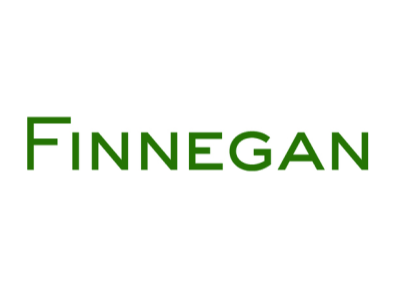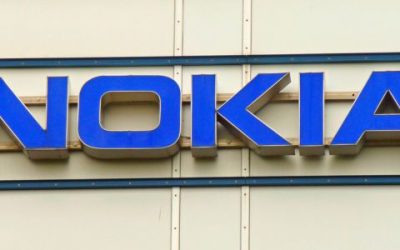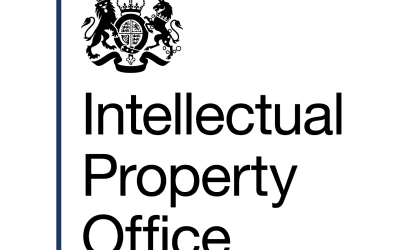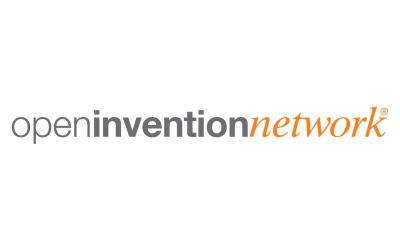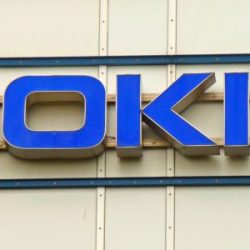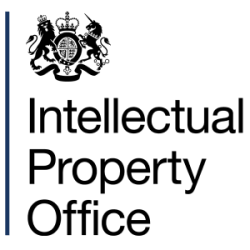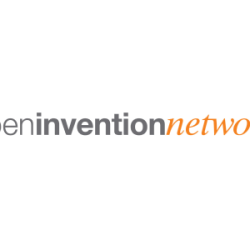On September 20, 2023, IP stakeholders converged at the United States Patent and Trademark Office to speak on the hot-button issue of standard essential patents (SEPs). The USPTO, in collaboration with the International Trade Administration and the National Institute of Standards and Technology, held a public listening session for stakeholders including Apple, Innovation Alliance, Microsoft, Qualcomm, Public Interest Patent Law Institute, Avanci, and many others, to discuss implementation strategies for standards-setting identified in the White House’s National Standards Strategy for Critical and Emerging Technology.
Another important objective of the listening session was to provide IP stakeholders the opportunity to provide input responsive to the joint ITA-NIST-USPTO’s September 11, 2023, Request for Comments, relating to the United States leadership in global standard-setting. The issue is of particular relevance in view of the EU’s Proposed European Commission Regulation For Standard Essential Patents (“EU’s proposed SEP regulation”), which published in April of this year.
During the listening session, IP stakeholders provided input on the current state of participation in the global standards setting processes associated with SEPs in the fields of communication and networking technologies, and other critical and emerging technologies like semiconductors, microelectronics, artificial intelligence, and machine learning.
Regarding the White House’s National Standards Strategy, many stakeholders stressed the importance of the USPTO, ITA, and NIST’s commitment to facilitating long-term investments in standards development and educating the US workforce to effectively contribute to future technical standards development. Stakeholders also generally agreed with the importance of the administration’s participation in international standards-setting organizations and activities.
However, several stakeholders presented guardedly apprehensive views on the EU’s posed SEP regulation, including its potential impact on US standard-setting processes and whether similar regulation would be appropriate in the United States too.
According to the EU’s proposed regulation, a centralized competence center within the European Union Intellectual Property Office would be responsible for maintaining an EU-wide register for SEPs with essentiality checks. The competence center would also be responsible for collecting and providing information about comparable licenses and fair, reasonable, and non-discriminatory (FRAND) determinations worldwide. The regulation would also allow both patent holders and licensees to initiate a proceeding to determine an advisory, non-binding FRAND royalty rate for particular SEPs.
During the listening session, some stakeholders cautioned that the EU’s proposed SEP regulation could disadvantage US innovators by artificially depressing patent royalties for patents deemed essential to standardized technologies, as well as limiting the ability of US innovators to enforce the patents. They urged the administration to oppose similar legislation in the United States and continue its work with allied jurisdictions to ensure sound and independent global standards setting processes based on merit-based and private sector-led standard development. According to these stakeholders, unlike the EU’s proposed SEP regulation, the current merit and market-driven approach with nominal government involvement, has and continues to work well to provide innovators an equitable opportunity to compete for leadership in patents essential to standardized technologies.
On the other hand, some stakeholders support the EU’s proposed SEP regulation, applauding the regulation as promoting transparency, predictability, efficiency, and fairness to both patent holders and licensees, and both large and small and medium companies. In particular, these stakeholders welcomed the idea of an analogous forum in the United States for resolving SEP disputes, as well as increased transparency into which patents are essential, and what a FRAND royalty rate should be for such patents. According to these stakeholders, some patents are improperly declared essential, and even when patents are essential, parties can have widely varying views on the FRAND royalty rate. Providing more transparency regarding which patents actually are essential, and what rates parties negotiate could meaningfully incentivize companies to develop new standards-compliant products and participate in standard development. Otherwise, the uncertainty around FRAND licenses for SEPs could discourage innovators from developing products built on standard technologies in the first place.
Up to this point, US patent standards setting processes have largely been market driven. It is clear that many stakeholders and government entities will be watching closely to see what impact the EU’s proposed SEP regulation will have on this process, as the US administration continues to weigh involvement in global standards setting processes and the continued promotion of innovations and the economy.
You may also like…
Nokia v. Mala Technologies: the UPC interprets its relationship with national courts
Brussels recast The Brussels I Regulation has been in force, under various names, since 1973 and defines general rules...
UK IPO celebrates first filing in new digital service
The UK Intellectual Property Office (IPO) marks a ‘game-changing moment’ as the first patent is filed in the new ‘One...
World’s largest wireless telecommunications operator China Mobile joins Open Invention Network
Chinese companies have become increasingly sophisticated regarding patents. According to the country’s top...
Contact us to write for out Newsletter





